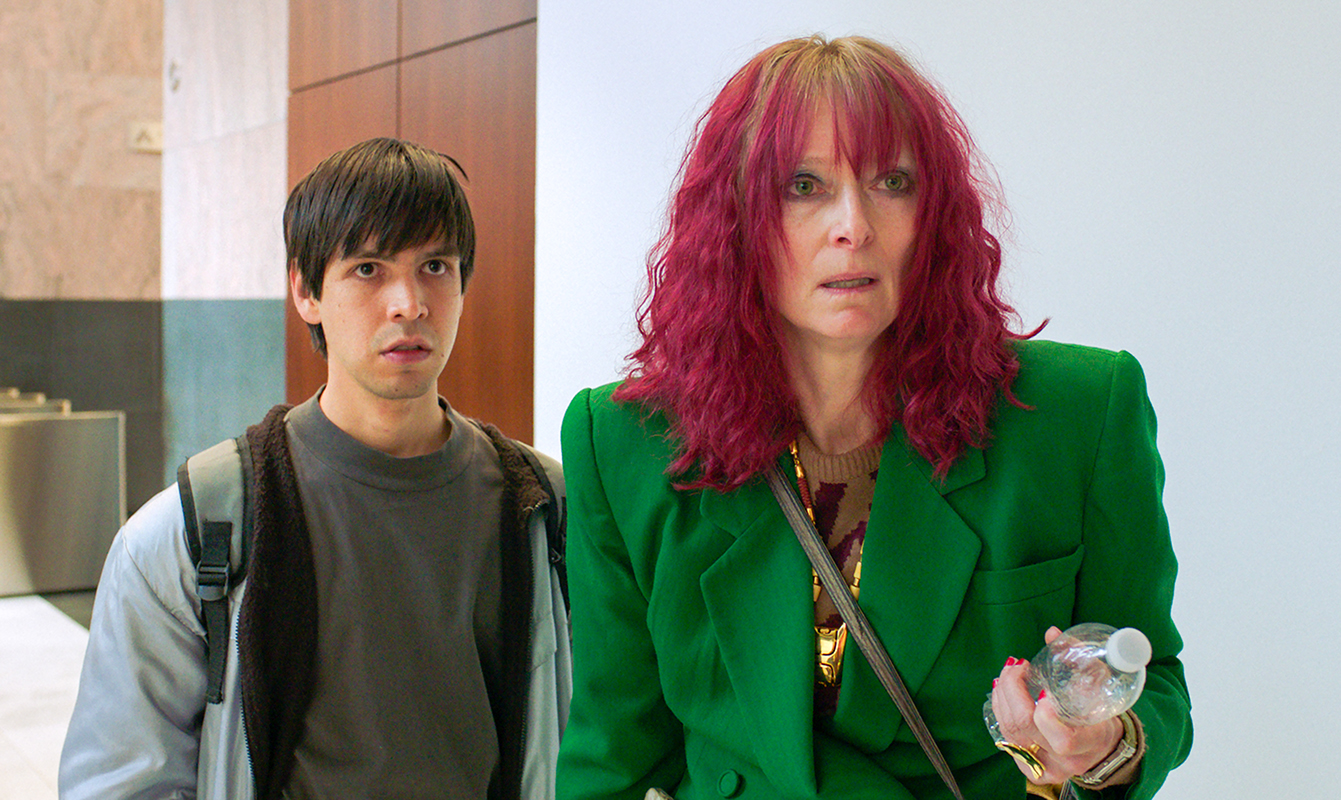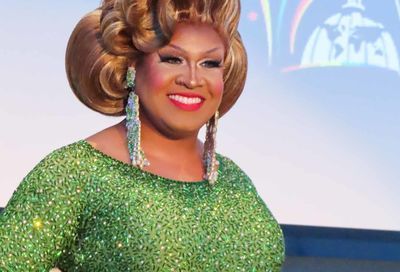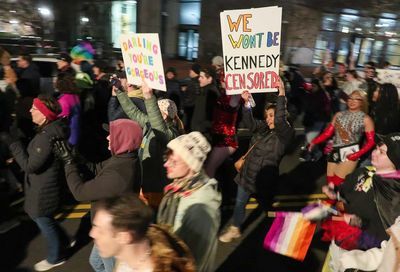Mattilda Bernstein Sycamore: Queer politics “[has] to go back to talking about basic needs”
Sketchtasy author Mattilda Bernstein Sycamore shares her views on what radical queer politics look like

“In gay and queer politics, there’s always a tension between the liberationist politic and the assimilationist one,” says Mattilda Bernstein Sycamore. “In a liberationist one, it says, ‘We want to end traditional institutions of oppression.’ End the church, end the state, end police control over queer bodies and lives. The assimilationist trajectory says, ‘Actually, we want to be a part of that.’ The 1990s mark the moment when that assimilationist ideology triumphed, and so all marginalized queer lives were pushed to the side, pushed under the table.
“Military inclusion, marriage, and hate crimes legislation are all intensely conservative issues and they’re the only things the mainstream gay movement cares about,” Sycamore, an author and activist, adds. “Sure, they throw tokens here and there. They might have a benefit for whatever nonprofit is allegedly helping marginalized queers, but they’re not actually going to change the power structure.”
It’s that conflict between assimilation and liberation that the 2014 Lambda Literary Award-winner explores in her third novel Sketchtasy ($17.95, arsenalpulp.com). The book follows protagonist Alexa as she and her young adult friends navigate their way through the drug-fueled underground club culture of mid-1990s Boston.
For Sycamore, who lived in Boston during that time, writing the novel brought back the trauma of struggling to live in a society rife with racism, misogyny, internalized homophobia, and transphobia — all while the scourge of the AIDS epidemic posed its own threat to queer people’s lives.
“The world that appeals to Alexa the most is the pageantry of late-night gay club culture,” she says. “In a way, Alexa is trying to actualize the potential of radical queer politics in a world that is not in any way radical, except in that possibility of living outside of the conventional world.”
Sycamore, who stops at Politics & Prose Union Market on Oct. 28, says true radical queer politics eschews adherence to societal norms and allegiance to institutions as ways of getting ahead.
“We have to create our own alternative,” she says. “We also have to go back to talking about basic needs: housing, health care, the right to stay in this country or leave if you want to, a sex life that matters, food on the table, comprehensive sex education for everyone. These are the things that actual queer politics should be essentially about. Radical queer movements are connected with causes like prison abolition, anti-capitalist organizing, decriminalization of sex work, abolishing ICE. These are the things we need to be talking about from a queer perspective, because these are the things that matter to most people.”
Mattilda Bernstein Sycamore will appear at D.C.’s Politics & Prose Union Market, 1270 5th St. NE, on Sunday, Oct. 28 at 5 p.m. Visit politics-prose.com.
Support Metro Weekly’s Journalism
These are challenging times for news organizations. And yet it’s crucial we stay active and provide vital resources and information to both our local readers and the world. So won’t you please take a moment and consider supporting Metro Weekly with a membership? For as little as $5 a month, you can help ensure Metro Weekly magazine and MetroWeekly.com remain free, viable resources as we provide the best, most diverse, culturally-resonant LGBTQ coverage in both the D.C. region and around the world. Memberships come with exclusive perks and discounts, your own personal digital delivery of each week’s magazine (and an archive), access to our Member's Lounge when it launches this fall, and exclusive members-only items like Metro Weekly Membership Mugs and Tote Bags! Check out all our membership levels here and please join us today!





















You must be logged in to post a comment.